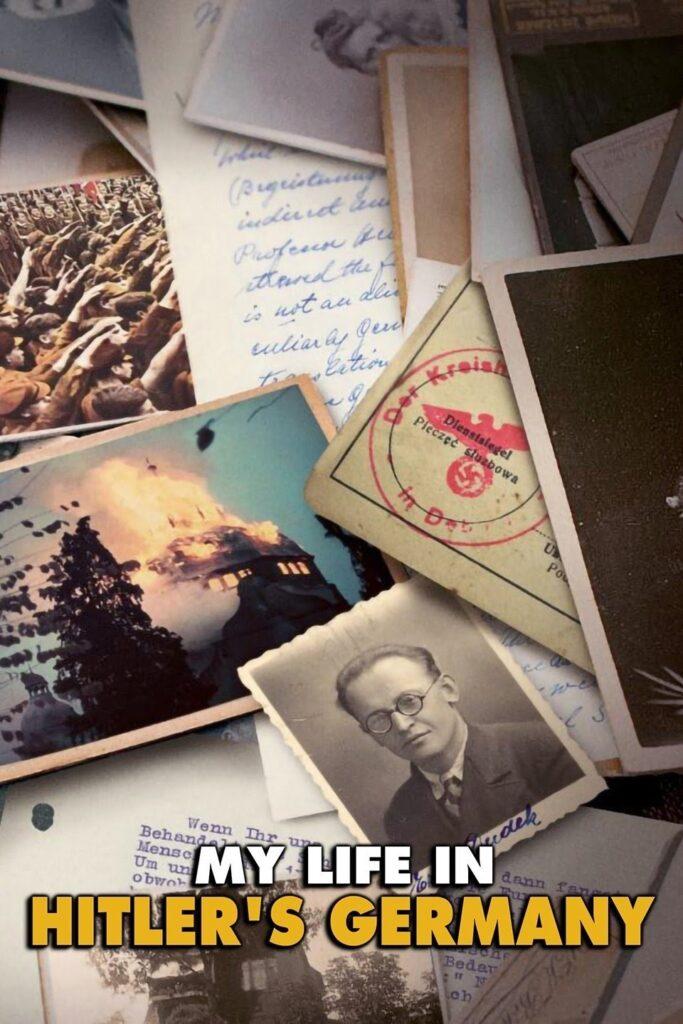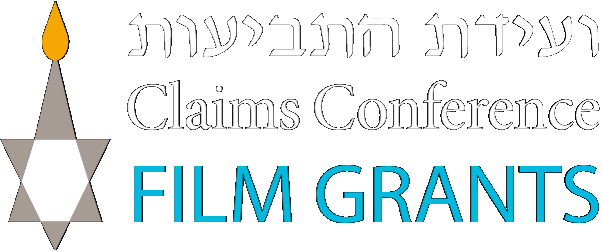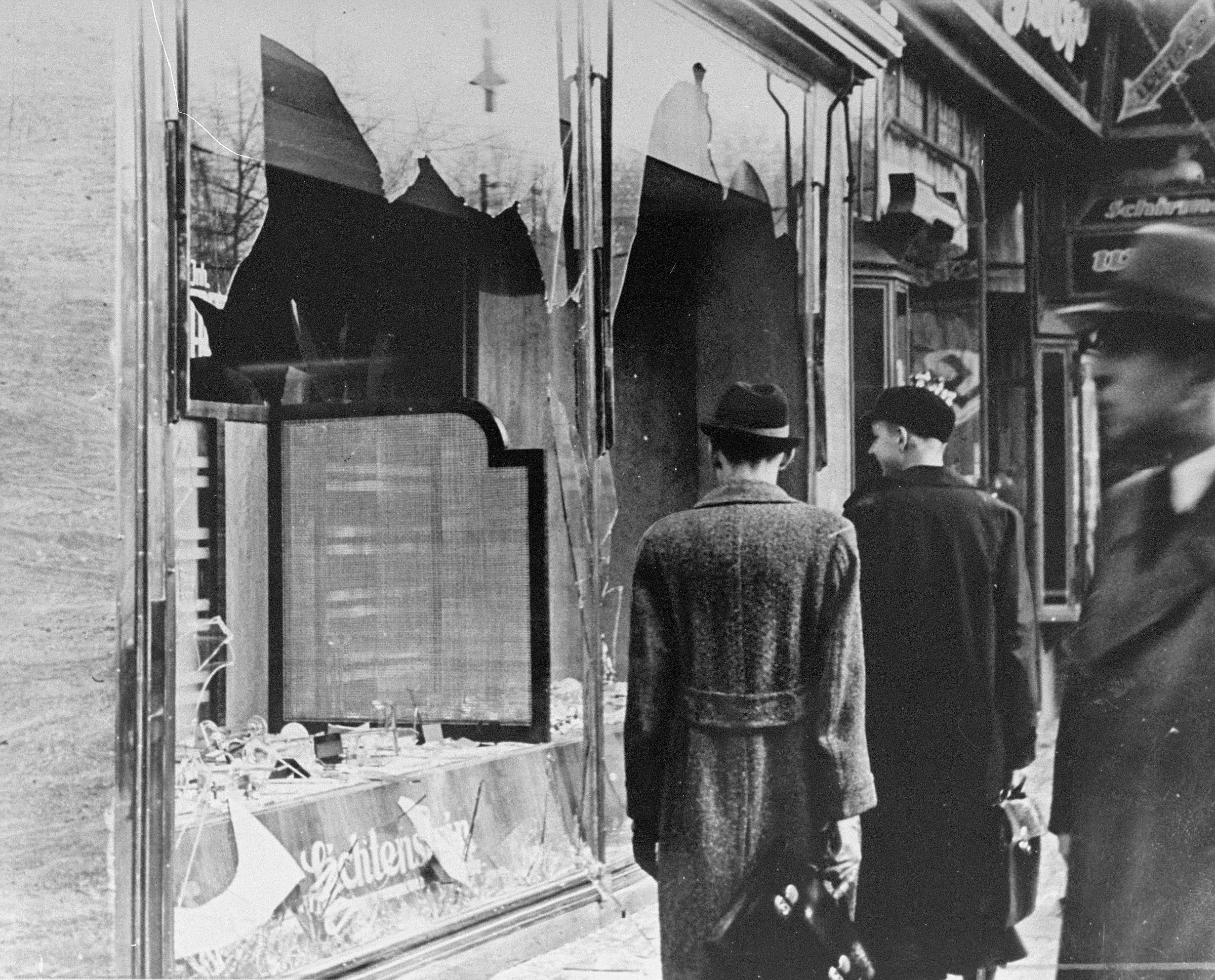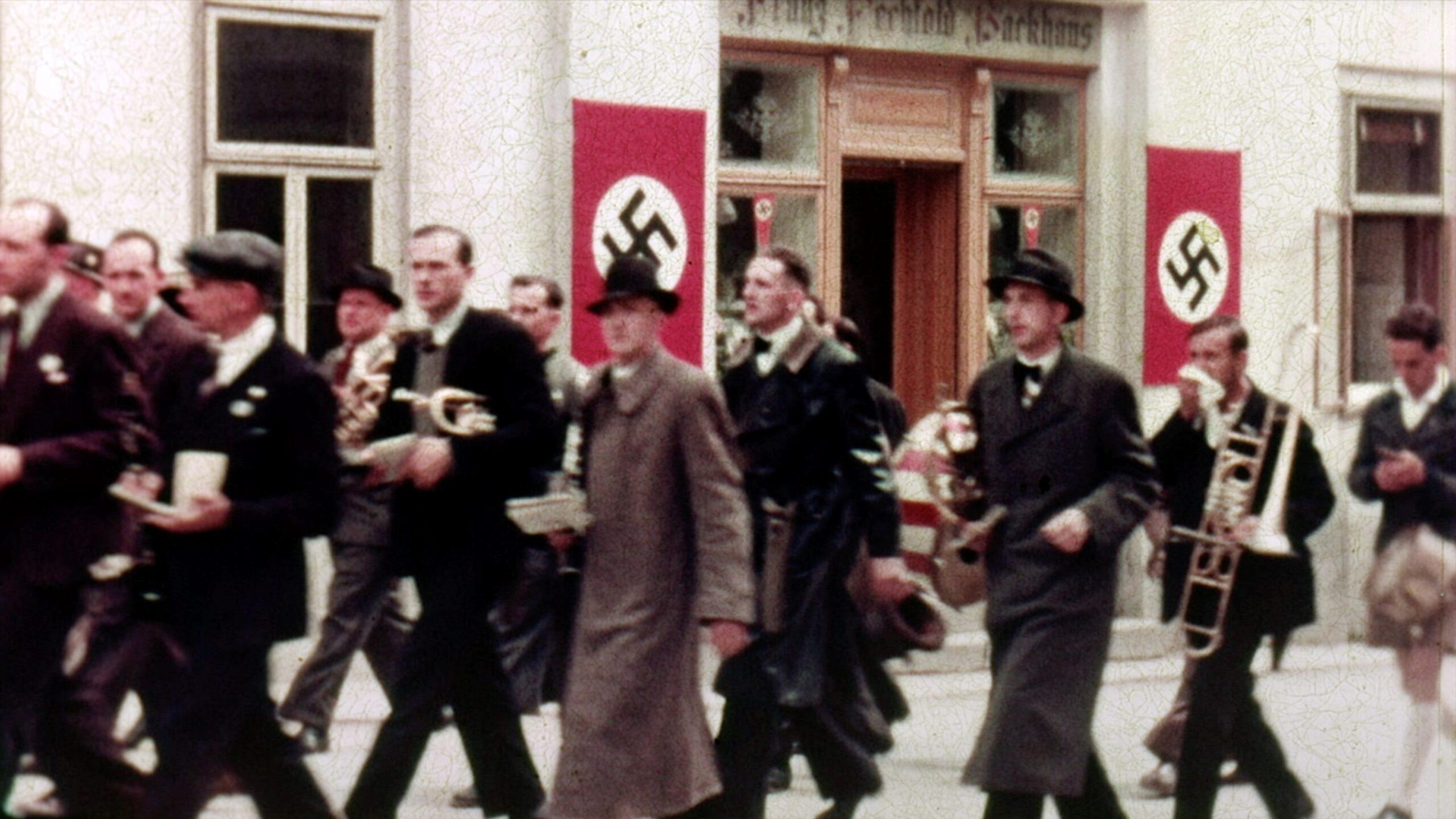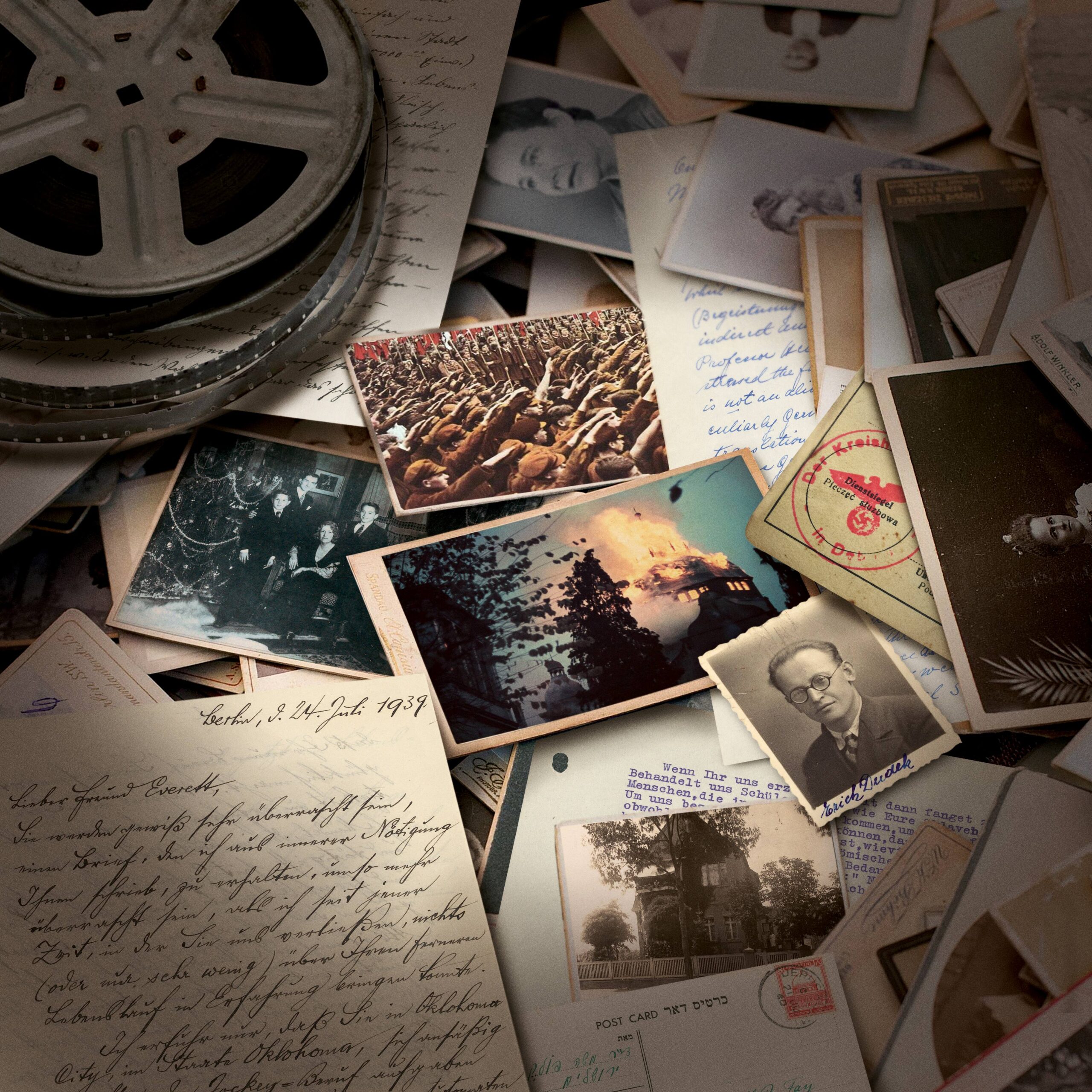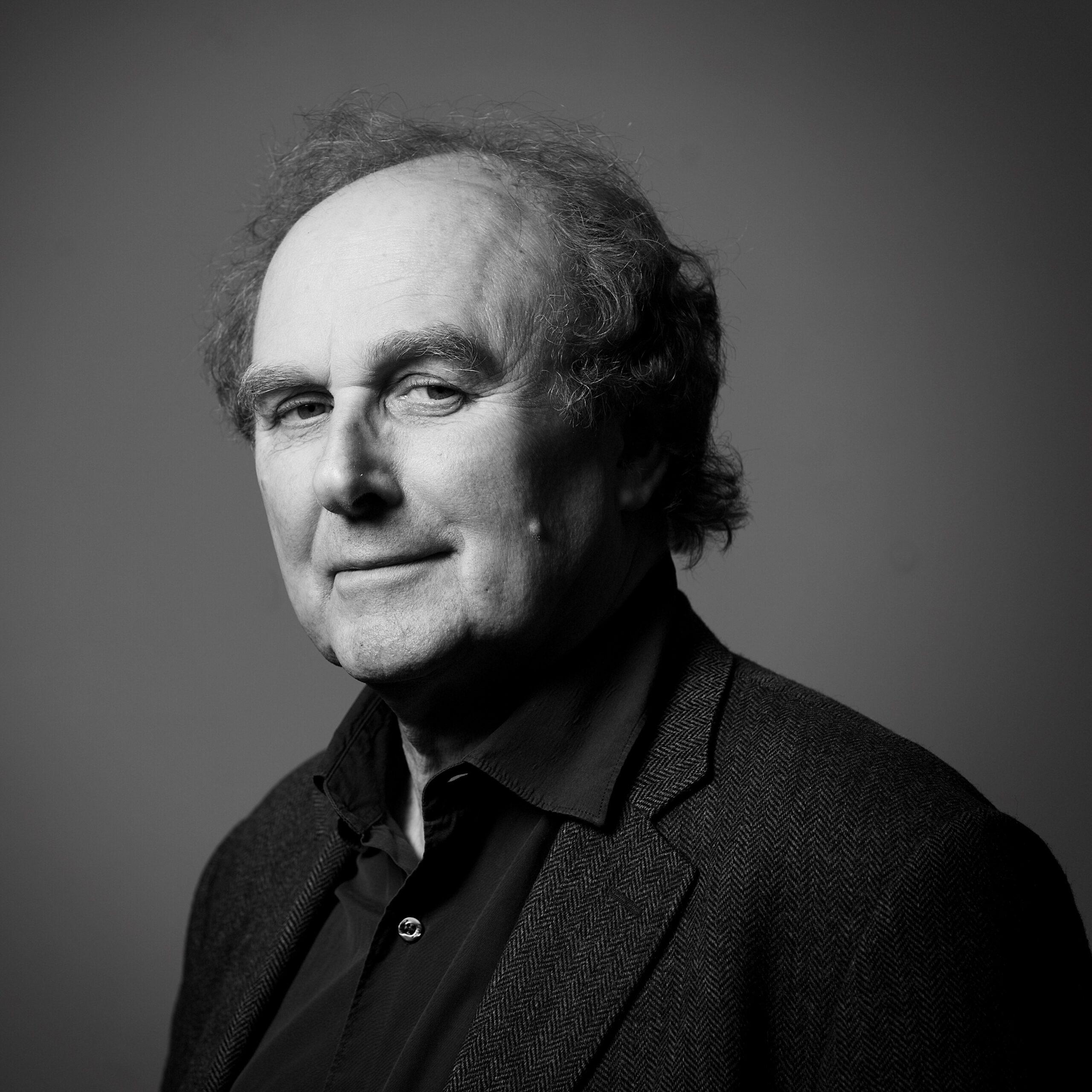Survivors testify how, after coming to power in 1933, Hitler systematically eliminated all political opposition in Germany and then proceeded to eliminate the Jewish community and everyone else who in any way questioned the Nazi regime.
Synopsis
In the summer of 1939 a major enquiry was launched by three professors of the University of Harvard in the United States, addressing Germans who had fled their country since Adolf Hitler came to power. They were to describe their lives in Germany “before and after January 30th, 1933”, and say why they chose exile. Men and women of all ages, Jews, but also Protestants, Catholics, non-believers, political opponents, resistors of all kinds…
After having witnessed the seizure of absolute power carried out by terror in a few weeks, these Germans of every conviction and every faith lived and observed the “bringing into line” that the entire German society was subjected to–until the terrible ‘Kristallnacht’ in November 1938, 80 years ago. The thousands of pages they covered with their writing and sent from the four corners of the globe have mostly been overlooked until today.
This exceptional survey, carried out in the immediate aftermath, lets us hear for the first time the voices of these women and men who managed to flee the country of the Nazis just in time. We discover this fascinating country through the amateur films shot in the eye of the storm
Artistic Statement
These accounts show us, with a degree of intimacy rarely found in most other sources, the evolution of Germany almost on a day-to-day basis, the political, social and mental situation of a country losing its soul.
These witnesses, lucid or appalled, are apparently among the first defeated of the Third Reich, but they resist with their pens. They break the law of silence, they gather evidence of the terror they live through. They fight to survive, to save their values, to keep their humanity.
They tell the story of Nazism from the other side, from behind the scenes.
We see them chronicling the countdown of history, observing all the warning signs. We see the tragedy through their eyes.
–Jérôme Prieur, Director
About the Director
Writer, scriptwriter and film director Jérôme Prieur has directed many documentaries that explore history, literature and the arts. He directed a dozen contemporary writer biographies for the Humans and Books collection at the National Audio visual Institute of France. With Gérard Mordillat he co-directed Corpus Christi, Origin of Christianity and The Apocalypse, three documentary series on the origins of Christianity which met with vast success around the world. Concerning World War II, he contributed to history, justice and remembrance with his vast editorial work and capital on the trail of ex-Gestapo Klaus Barbie, directing 2 hours of interviews with historians, legal experts and personalities that helped clarify many questions. He also made several documentaries about this era, which were acknowledged by several organizations. One such film is Hitler’s Games, Berlin 1936, selected by the Sheffield Doc/Fest, Jerusalem, ArtFIFA Montreal, and awarded at the Focal International Awards in London for virtuosity in working with archives. There is also Hélène Berr, A Young Woman in Occupied Paris selected by the Rotterdam and Jerusalem festivals and awarded Best Television Documentary by the French Syndicate of Film and Television Critics in 2014.
Festivals, Screenings, & Awards
Il Cinema Ritrovato
São Paulo International Film Festival
International History Film Festival Pessac
Broadcast on ATRE (FR/DE), ABC (AU), PBS (USA), SKY (UK)
Year
2018
Film Type
Documentary
Film Length
52 minutes, 2 episodes
Language
German, English, French
Production Country
France
Production Company
ARTE France, Roche Productions
Director
Jérôme Prieur
Executive Producer
Dominique Tibi
Cinematography
Renaud Personnaz
Editing
Isabelle Poudevigne
Music
Marc-Olivier Dupin
